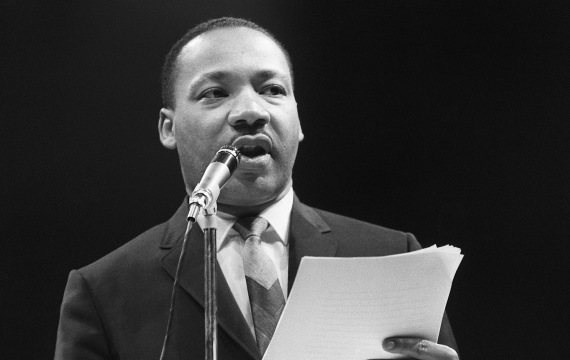Hellhound on His Trail
Here are some questions to answer about the book:
1. Galt never gave a direct reason to hate Dr. King – we only know that Galt hated blacks because of his love for Alabama governor George Wallace and his run-in at the bar), so what were his reasons for going after Dr. King?
2. Did you like how the author wrote the novel as a thriller while writing a true crime novel?
3. When people die, people tend to forget all of that person’s bad traits. Do you think that the public’s opinions of Dr. King changed after he was assassinated? Why or why not?

http://www.randomhouse.com/kdpg/doubleday/hellhound/
4.Do you feel that Hoover and the FBI’s stalking of King was acceptable or an invasion of privacy for no reason?
5. If an assassination of a public figure had happened today, do you think it would take as long to find the killer? Why or why not?
6. It seemed like Dr. King had a feeling or premonition like he wouldn’t live much longer, how – if you were him – would you have felt and what would you have done? Why?
7. Should the FBI have shared in the blame of Dr. King’s death for not better protecting him when death threats were a regular thing for Dr. King?

8. Why do you think the book put so much emphasis and detail on the activities King was doing just before getting killed?
9. How did Eric Galt get most of his money?
10. Do you think the authorities would have done something different with Ray if Dr. King had lived? Would there have been as big of a manhunt?
11. Considering how much Hoover had hated Dr. King, was it surprising the number of people Hoover had sent out for the manhunt for King’s assassin? Why or why not?
12. Do you think Galt realized the effects that King’s assassination would have had on America (like the riots that happened afterwards)? Were these his intentions or were they unintended consequences? Why?

13. Why do you think the author included Galt’s previous activities like drugs and bar fights in Mexico and drfiting around Los Angeles working for the Wallace campaign?



